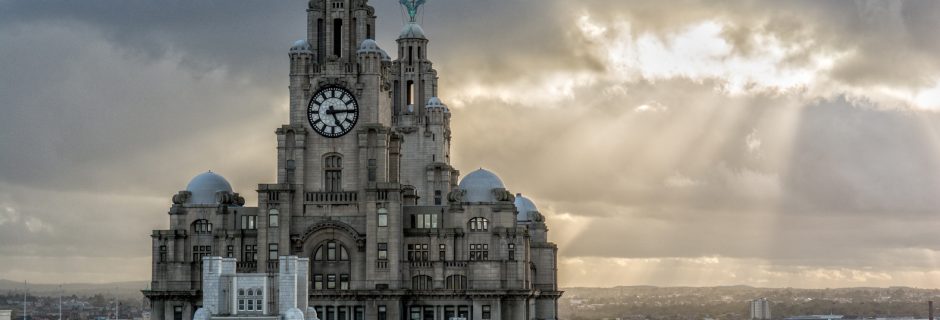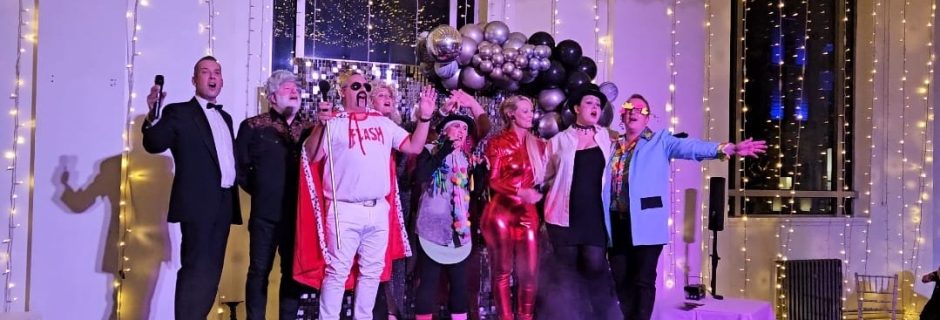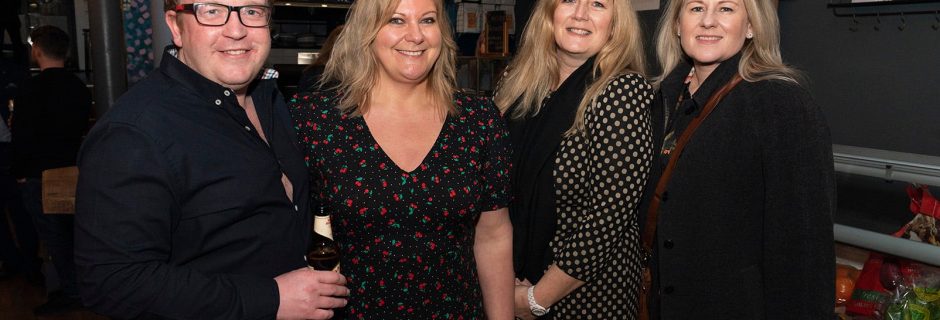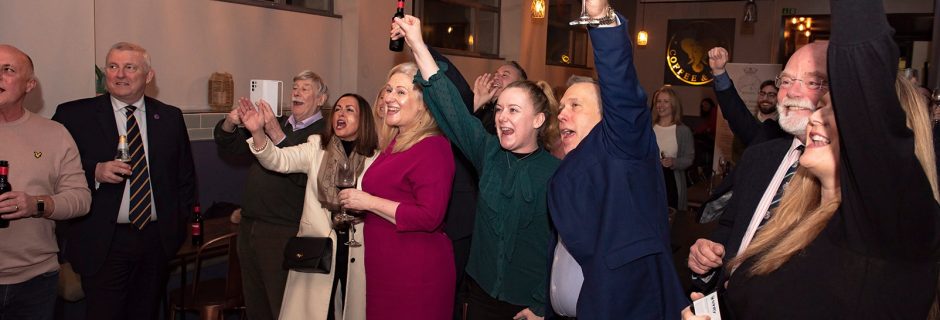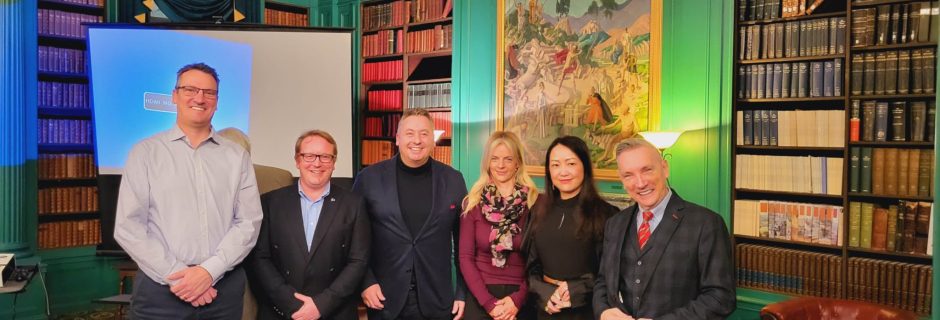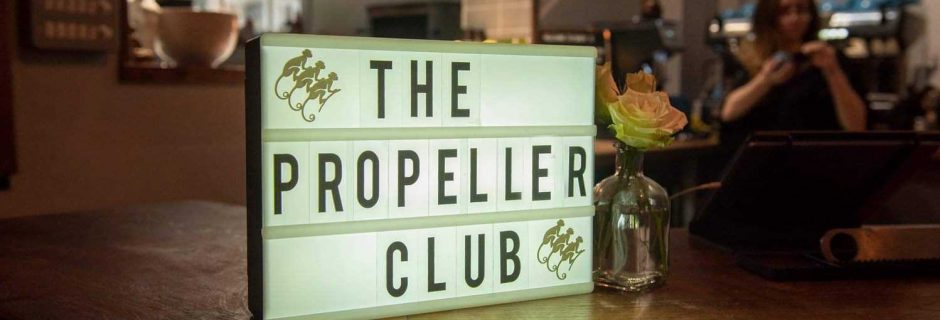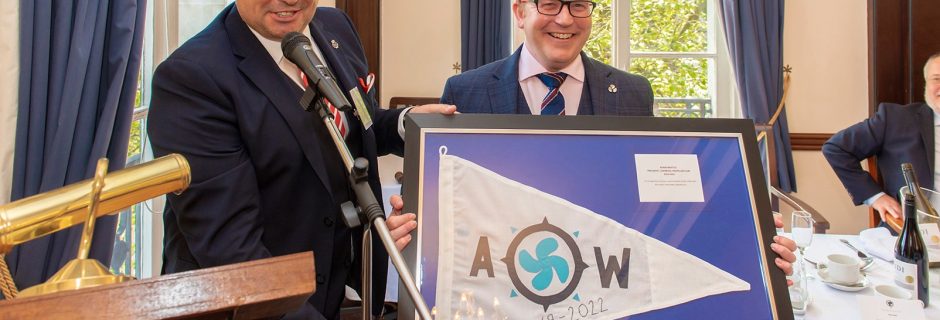The Propeller Club serves a fascinating, and potentially significant role in shipping, bringing together, as it does, people from very different professional backgrounds across the shipping industry.
This open and inclusive approach means that it is able to embrace all, thus gaining a wider perception of what it is to work in shipping today. That is hugely positive, but even then there are problems.
There is an occasional tendency to ignore or become immune to deep seated issues and difficulties. However well-intentioned we may be, there can be a distorted anorexia of the soul as we choose to see shipping as we would like it, rather than it actually is.
Sometimes it takes a completely fresh set of eyes, a new way of seeing the industry and a clear, uninhibited view which allows us to appreciate our industry through the mirror of others.
Thankfully over the past couple of years hearing what others think of shipping has become easier. A number of writers and journalists have been granted unfettered access to vessels, and have taken voyages of discovery across the oceans.
For the first official event of the Propeller Club Liverpool we were hugely honoured to have just such a writer talk to us about his experiences.
Horatio Clare author of the highly acclaimed “Down to the Sea in Ships” joined us to discuss his experiences at sea. Clare is a writer who has written on many topics – not least childhood abandonment, drug abuse and the migratory route of swallows (yes Monty Python fans, they do migrate – but do not apparently carry coconuts).
What then do writers see when looking at shipping through their own particular looking glass? For his part, Horatio went aboard expecting to find a “crew”, a collective which worked and lived together. To his surprise what he found was not that community – he found instead a collection of individuals.
Aboard the most challenging of his two trips onboard Maersk container vessels, (across the North Atlantic in winter), he met noble, romantic and hardy souls. People who he felt inherited the past genes of the stoic nobility of seafarers, but who had evolved very modern wants and needs. They were the traditional job and art of seafaring, but so too were they caught in the middle of the same revolutions which are shaping all of us. We crave connectivity, today more than ever before – and where seafarers are left behind and disconnected, we are clearly storing up problems.
In short he seemingly found, even with one of the best and biggest shipping companies in the world, that the needs of seafarers as people were not either fully explored, understood or responded too.
The moves towards technology, lower manning scales and pressures to deliver on the tight schedules of global trade have not been adequately addressed in the other aspects of life onboard. The cause and effect of change has taken away, but they have not given back…the social glue of shared experiences, of enjoyment and collective endeavour and recreation have been eroded – and there are no signs of improvement.
To hear Horatio speak and read from his book is to hear the wind whistling, the Captain mumbling and the containers creaking. It is also to hear the echoes of seafarers past, but so too the frustration, resignation and sadness that seafaring today is not seemingly as gratifying as perhaps it should be.
“Down to the Sea in Ships” is available now and has received rave reviews – we highly recommend it http://goo.gl/etW4FD

